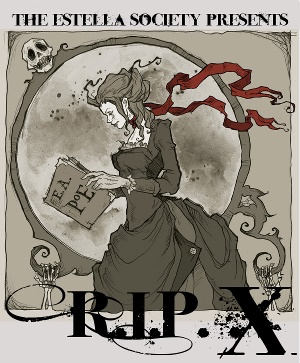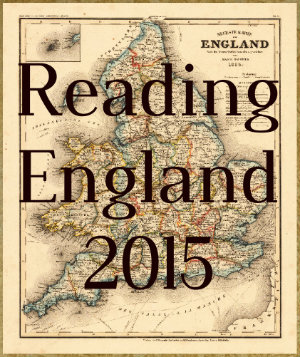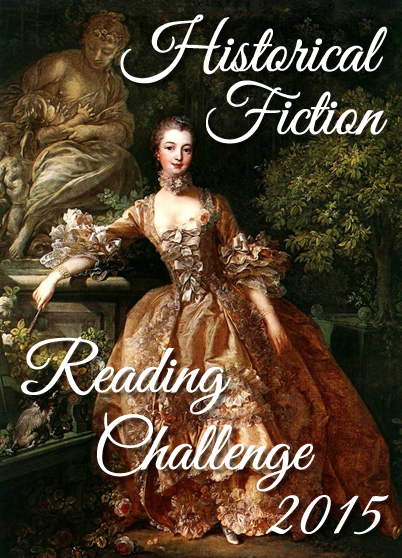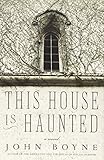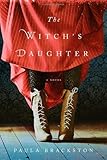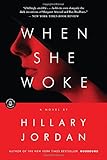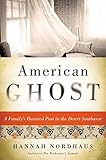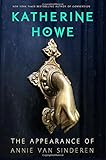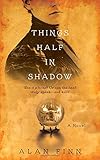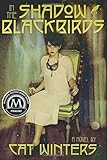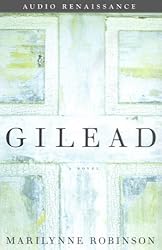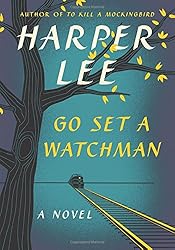 John Boyne’s novel This House is Haunted is the story of Eliza Caine, a teacher grieving the recent death of her father. She responds to a mysterious ad for a governess in Norfolk, in part for somewhere to go, now that she’s learned her father never owned the house in which they lived and she’s being unceremoniously thrown out, and in part to escape her sadness. As soon as she arrives on the train, she realizes not only that she has been hired under false pretenses, but also that there is a presence in Gaudlin Hall, the home of her young charges Isabella and Eustace, that does not want her there.
John Boyne’s novel This House is Haunted is the story of Eliza Caine, a teacher grieving the recent death of her father. She responds to a mysterious ad for a governess in Norfolk, in part for somewhere to go, now that she’s learned her father never owned the house in which they lived and she’s being unceremoniously thrown out, and in part to escape her sadness. As soon as she arrives on the train, she realizes not only that she has been hired under false pretenses, but also that there is a presence in Gaudlin Hall, the home of her young charges Isabella and Eustace, that does not want her there.
Anyone who is familiar with ghost stories/madwomen in the attic tropes will recognize this story. With serious nods to both The Turn of the Screw and Jane Eyre, as well as bit of “The Fall of the House of Usher” and explicit homages to Dickens, many readers might well accuse this book of cribbing from more illustrious forebears a bit too much. Perhaps there isn’t a whole lot here that is new. As a ghost story, it’s fairly predictable, and despite some pretty chilling scenes (as I described them to my husband, I realized based on his reactions that they were scary at least in the abstract), I wasn’t really scared. I didn’t really want to be terrified. I don’t read much horror for a pretty good reason. It’s not my favorite thing to imagine the absolute worst people do, and I can’t stand gore at all. But a creepy ghost story, like, for instance, The Little Stranger? I’m all over that. This story wasn’t really like that. I think it might make for a pretty interesting atmospheric movie, but it didn’t really deliver any seriously good chills, at least not for me. But it is a quick read, and the story was engaging enough for me to keep turning the pages. It was a nice way to get my feet wet for the R. I. P. Challenge this year.
Rating:




